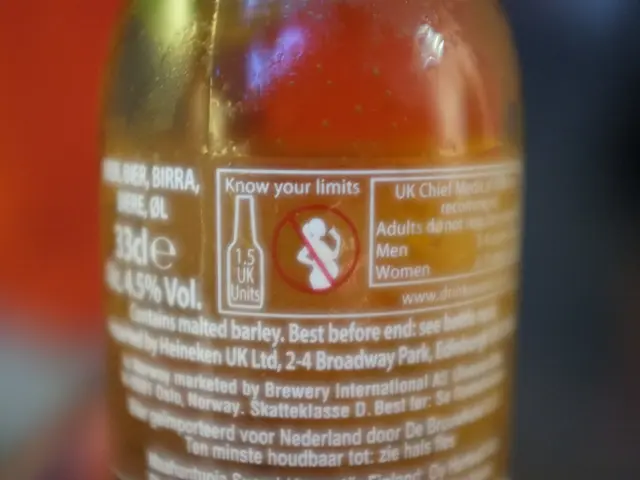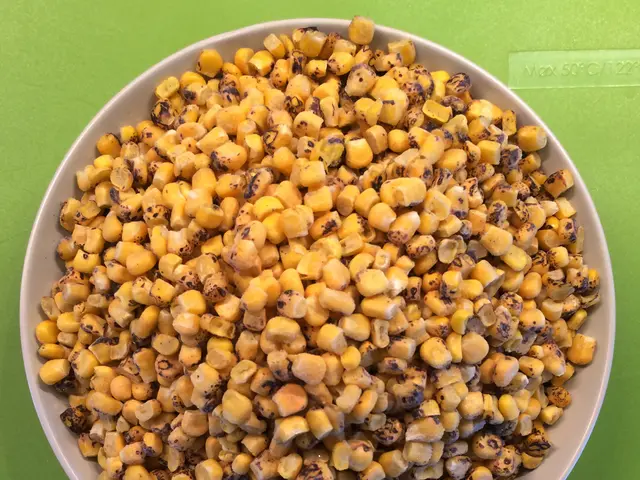Contains Acrylamide or Pesticide in Half of Tested Samples (Revised)
Frankfurt/Main – The popular butter cookie is not as innocent as one might think, according to the latest issue of "Eco-Test". In an examination of 19 butter cookies, the magazine found that every second cookie contained substances such as pesticides or acrylamide.
The results were mixed. Some products contained pesticides, while others had acrylamide, and others, fortunately, had no concerning substances detected. Eight products, however, managed to achieve a top score of "very good"––meaning they contained virtually no pesticides and minimal acrylamide. These include:
- Dennree Dinkel Butter Cookies (Wikana)
- DM Bio Dinkel Butter Cookie
- Liebhart's Bio Dinkel Butter Cookie
- Pural Bretonischer Butter Cookie
- Covo Butter Cookie Klassik (Penny)
- Delicia Butter Cookie (Norma)
- Jeden Tag Butter Cookie (Central Trading Company)
- Sondey Butter Cookie (Lidl)
Despite a higher sugar content, none of these products received a lower grade due to their sweetness, as butter cookies are not typically considered a healthy snack.
Acrylamide, a potential carcinogen, was present in four of the eight organic butter cookies tested. This substance is formed when baking starchy foods and has been linked to cancer and genetic damage in animal studies. Interestingly, not a single conventional butter cookie was criticized for its acrylamide content. The magazine suggests that conventional cookie manufacturers may use enzymes that break down amino acids in the dough, preventing acrylamide formation during baking. Since these enzymes are often genetically produced, they are not an option for organic products.
Conventional butter cookies, however, were found to contain at least one pesticide in all products tested, and multiple pesticide traces in many of them. "Eco-Test" notes that multiple contaminations are of concern due to the potential interactions of the pesticides, which they claim are currently insufficiently researched.
According to general food science knowledge, the formation of acrylamide can be influenced by ingredients, processing methods, and storage conditions. Conventional butter cookies might be processed with more precision to minimize acrylamide, while organic production may favor traditional or artisanal methods that could lead to higher acrylamide levels. Additionally, conventional recipes might incorporate additives or compounds that inhibit acrylamide formation, while organic cookies may have less flexibility in adding these. Proper storage and handling can also play a role in keeping acrylamide levels low. However, specific data comparing the acrylamide formation in conventional versus organic butter cookies were not available in the search results.
- The organic butter cookies under examination, like the DM Bio Dinkel Butter Cookie and Liebhart's Bio Dinkel Butter Cookie, were found to contain acrylamide, a potential health risk linked to cancer and genetic damage.
- In contrast, the science of food and drink reveals that acrylamide, which is formed during the baking process, was not detected in several health-and-wellness-focused lifestyle products such as Dennree Dinkel Butter Cookies (Wikana) and Pural Bretonischer Butter Cookie.
- Despite some conventional butter cookies containing pesticides, therapy and treatment options are available in the form of certain cooking practices and storage conditions that can help minimize the formation of undesirable substances like acrylamide, thus promoting a healthier food-and-drink landscape.








